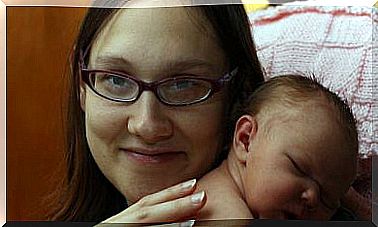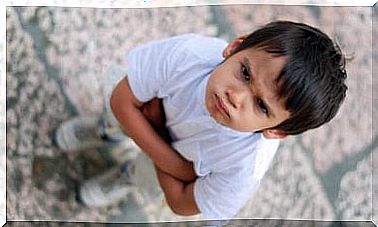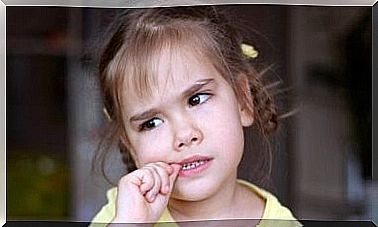Motherhood In Different Cultures Around The World

Undoubtedly, motherhood is a very important event in the life of women in any society in the world. Nevertheless, the role of motherhood differs from one another in the individual cultures. Although motherhood is fundamentally universal, there are many different ideas about the role of motherhood . Even in your own environment, there can be significant differences.
Motherhood in different cultures: social construct
Of course, motherhood is a biological event that only women can experience. Yet anthropologists today view motherhood as a cultural construct that is a general and universal biological event.
The anthropologist Dr. Ángeles Sánchez explains that motherhood is much more than just reproducing with your body. Every culture has a socio-cultural structure. Hence it is also a psychosocial event.
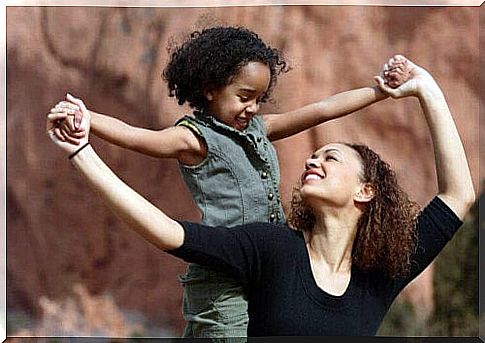
If we take a closer look at motherhood in different cultures, we quickly see that it is a biological and cultural event.
Supporting young mothers in Kenya and Tanzania
In the tribes that live in southern Kenya and northern Tanzania, the young mothers receive a lot of support in their community. For example, consider the Maasai and Swahili tribal groups. In these tribes women gather around the young mothers in the first days of motherhood.
From the moment they give birth, the young mothers are accompanied by the other women. At the same time, men move away during the first few weeks of motherhood. In the Swahili tribe, the couple sleep in separate rooms for the first 40 days after their birth.
The customs of the Maasai are somewhat different. All women in the village are present at the delivery. The men wait in the house of their wife’s mother. During the first two months after the child is born , all other Maasai women help the young mother with her daily tasks and responsibilities.
Traditions and customs in China and Japan
Since traditions still play a very important role in China today, many women still practice the Zuò Yuè Zi . This means that the mother and child stay in the hospital or at home for the first month after the birth. This is to protect the health of both the mother and the newborn.
The tradition of Zuò Yuè Zi also means that the mother is not allowed to bathe, wash her hair or brush her teeth during this first month. However, this hygiene rule is hardly followed today. During pregnancy, women should also avoid foods that Chinese nutritionists call warm (in relation to the energetic temperature). These include eggs, for example. Cold foods such as fruit and vegetables are recommended.
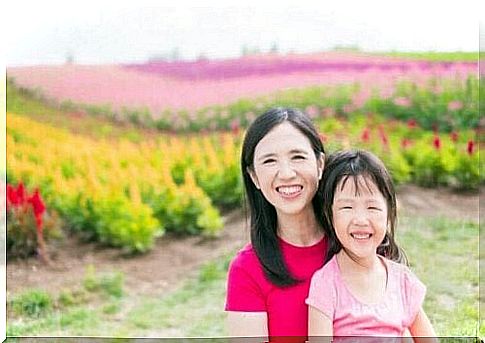
In Japan, men tend to be outsiders during pregnancy. They do not accompany their pregnant wife to doctor’s appointments, nor do they take part in birth preparation courses. In addition, men are not even allowed to enter some Japanese hospitals during childbirth.
After the first month, the Japanese celebrate a very important tradition: Hatsumiyamairi . The newborn is brought to a Shinto temple for the first time. A ceremony will also be held to celebrate the baby’s birth. The parents pray for the baby to be strong and healthy.
Late motherhood in western countries
The role of women in Western Europe has changed very much compared to that of women a few decades ago. The role of motherhood and motherhood in particular have changed.
Today motherhood is not automatically linked to marriage. Many women who want to become mothers strive first to be professionally and financially stable and independent. That is why many of them do not have children until they are older.
Also, most families today have very few children. As families’ goals have changed, they often do not strive to have as many children as possible. Rather, families want to offer their children a good quality of life.
Motherhood in different cultures: which country is the best country to be a mother?
In 2015 the NGO Save the Children published its 16th annual report on the State of the World’s Mothers. It analyzes health imbalances between the world’s largest cities. The report also assesses the well-being of mothers and children in 179 countries.
The results of this report show that Norway is the best country to be a mother. This is followed by Finland and Iceland. If we look at the last country on the list, we find that Somalia is the worst country for mothers.
The researchers compiled this report based on several factors they examined: maternal health, the risk for mothers of dying during pregnancy or childbirth, etc. In Norway, only 1 in 12,160 women die from maternal causes, while in Somalia 1 in 30 women dies from it.
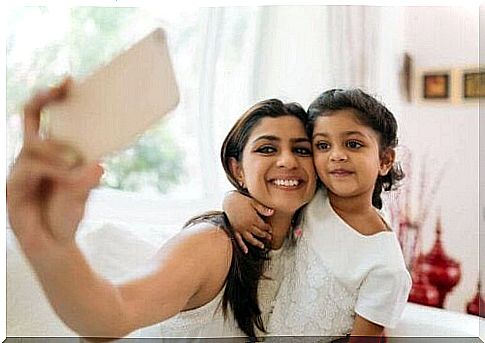
Final thought on motherhood in different cultures
There is no doubt that motherhood is different in different cultures around the world. However, we don’t have to compare ourselves with other cultures to discover differences. If you look around in your own environment, you will find that here too the idea of motherhood and the role of a mother is constantly changing and developing.
Professor Cándida Alamillos explains that society in the current transition phase requires new family models. In addition, the perception of gender roles is currently changing.
Despite the fact that families have different characteristics, the diversity of motherhood gives us the hope we need to make all models of life fairer and more equitable.
